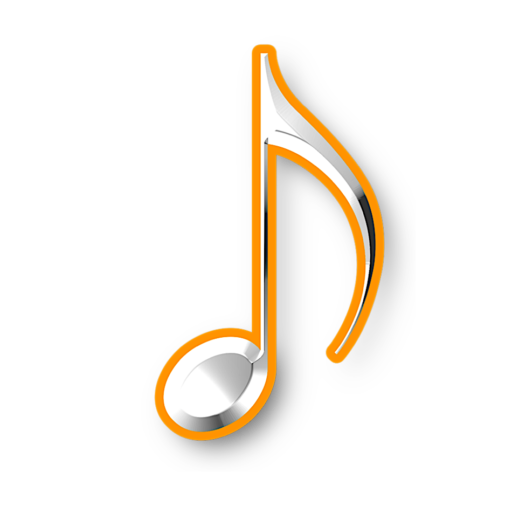Music exam boards go head-to-head
Filed in: Teaching and Learning
Which exam board should aspiring musicians follow? Which has the best syllabus? and which has the best structure?
For years I have followed ABRSM: ABRSM is the gold standard, imho, against which other boards could and should compare themselves.
There are some good reasons for choosing Trinity, however:
- If you find ABRSM Grade 5 Theory or Practical Musicianship difficult;
- If your performance of pieces is better than your sight-reading and aurals;
- If you are a "performer";
- You are a pianist that doesn't like scales;
- You are a singer.
1. Grade 5 Theory
ABRSM demands a pass at Grade 5 Theory* ** to progress to higher grades. Good for them! Knowledge of music theory is essential to a practising musician. But there are some students I have had who would not have been able to pass Grade 5 Theory. Mostly they are singers, who sing well, sometimes very well, but they don't play another instrument, and their knowledge of music notation is sketchy, to say the least!
* or Grade 5 Practical Musicianship - a good choice for non-academic musicians, and often unjustly overlooked.
** don't forget that a pass at Trinity Grade 5 Theory Exam is accepted by the ABRSM as satisfying the theory requirement. Far and away, the Trinity Theory course is better - better presented, better thought out and more rounded in its curriculum than ABRSM, imho.
2. Sight-reading and Aural Tests
In ABRSM, sight-reading is 14%. In Trinity it is only 10%.
Also, the aural tests probe further and deeper than Trinity. ABRSM Aural Tests comprise 12% of the final mark; Trinity's are 10%.
3. You are a "performer"
I would say that the Trinity marking scheme is a bit of a blunt instrument: each piece is marked out of 17, but that 17 is divided into three rigid sub-divisions.
- Notational Accuracy and Fluency (marked out of 5)
- Technical Facility (marked out of 5)
- Communication and Interpretation (marked out of 7)
This puts a lot of weight onto the last item, favouring students who can put a piece over well.
4. Scales
I think there are too many scales and arpeggios in ABRSM piano exams, See this post:
- https://notespinner.net/practising-piano-scales/
Trinity's balance of some scales and other exercises for pianists seems better balanced to me.
5. For Singers
Trinity publishes an excellent music list for singing exams (one that seems to have forced ABRSM to widen its own list).
Other exam boards to consider
Rockschool
Rockschool is well thought out, is by no means an easy option, and tests a wide range of skills.
Trinity Rock and Pop
The newest of the offerings. I have only looked at Grade 2 and Grade 4 piano, and it struck me (and my students) that they were dated: there wasn't much that was current, and most of it was soooo last century. It worries me that the examiners for these exams are not rock and pop specialists, but rather the main (classical) examiners. I am sure they are all excellent musicians, but it is quite a big ask to examine grade 3 classical flute and grade 8 rock and pop drumming. Quite a wide spread of skills needed, I would say.
Conclusion
ABRSM is a good choice for many students, but for some performers, Trinity might be a better choice: those who find theory difficult, find that ancillary tests drag their marks down, are "performers", dislike scales (pianists), or are singers!










